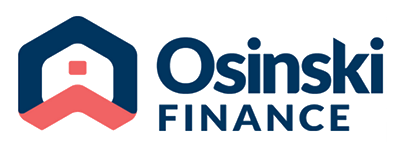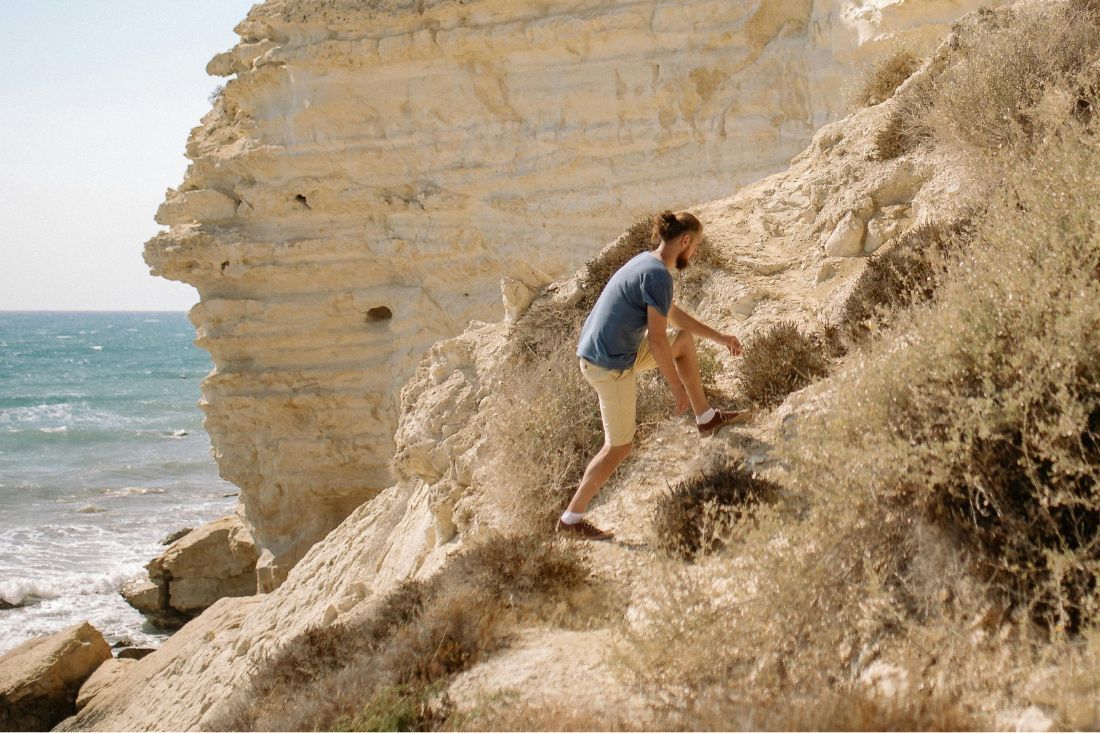RBA lifts cash rate for the third month in a row to 1.35%
The Reserve Bank of Australia (RBA) has increased the official cash rate by another 50 basis points to 1.35% amid continuing inflation pressures. How much will this third consecutive rate hike increase your monthly mortgage repayments?
At the beginning of May, the cash rate was 0.10%.
Today, it was increased by the RBA to 1.35% – the second double-barrel 0.50% hike in a row.
RBA Governor Philip Lowe said in a statement that the cash rate rise was the result of high inflation, both in Australia and around the world.
“Global factors account for much of the increase in inflation in Australia, but domestic factors are also playing a role,” said Governor Lowe.
“Strong demand, a tight labour market and capacity constraints in some sectors are contributing to the upward pressure on prices. The floods are also affecting some prices.”
How much more will this latest rate rise cost each month?
Unless you’re on a fixed-rate mortgage, the banks will likely follow the RBA’s lead and increase the interest rate on your variable home loan soon.
Let’s say you’re an owner-occupier with a 25-year loan of $500,000 (paying principal and interest).
This month’s 50 basis point increase means your monthly repayments could increase by about $137 a month.
If you have a $750,0000 loan, repayments will likely increase by about $205 a month, while a $1 million loan is expected to cost an extra $273 a month.
But that’s just factoring in this month’s latest cash rate hike.
Let’s take a look at how much more you can expect to pay moving forward, compared to when the cash rate was 0.10% in April.
For a $500,000 loan, you’ll likely be paying an extra $67 (May hike), $133 (June hike) and $137 (July hike) = $337 per month in interest repayments.
For a $750,000 loan, you’ll likely be paying an extra $100 (May hike), $200 (June hike) and $205 (July hike) = $505 per month in interest repayments.
For a $1,000,000 loan, you’ll likely be paying an extra $133 (May hike), $265 (June hike) and $273 (July hike) = $673 per month in interest repayments.
If you’re worried about your monthly repayments, get in touch
As you can see, unless you’re on a fixed rate, your monthly mortgage repayments will likely have gone up quite a bit since the end of April.
And it’s likely that we’ll see a couple more RBA cash rate hikes before the year is out.
So if you’re starting to feel the pinch and are worried about what interest rate rises might mean for your monthly budget, feel free to contact us today.
Some options we can help you explore include refinancing (which could include increasing the length of your loan to decrease monthly repayments), debt consolidation, or building up a bit of a buffer in an offset account ahead of more rate hikes.
Disclaimer: The content of this article is general in nature and is presented for informative purposes. It is not intended to constitute tax or financial advice, whether general or personal nor is it intended to imply any recommendation or opinion about a financial product. It does not take into consideration your personal situation and may not be relevant to circumstances. Before taking any action, consider your own particular circumstances and seek professional advice. This content is protected by copyright laws and various other intellectual property laws. It is not to be modified, reproduced or republished without prior written consent.
The post RBA lifts cash rate for the third month in a row to 1.35% appeared first on Osinski Finance.




